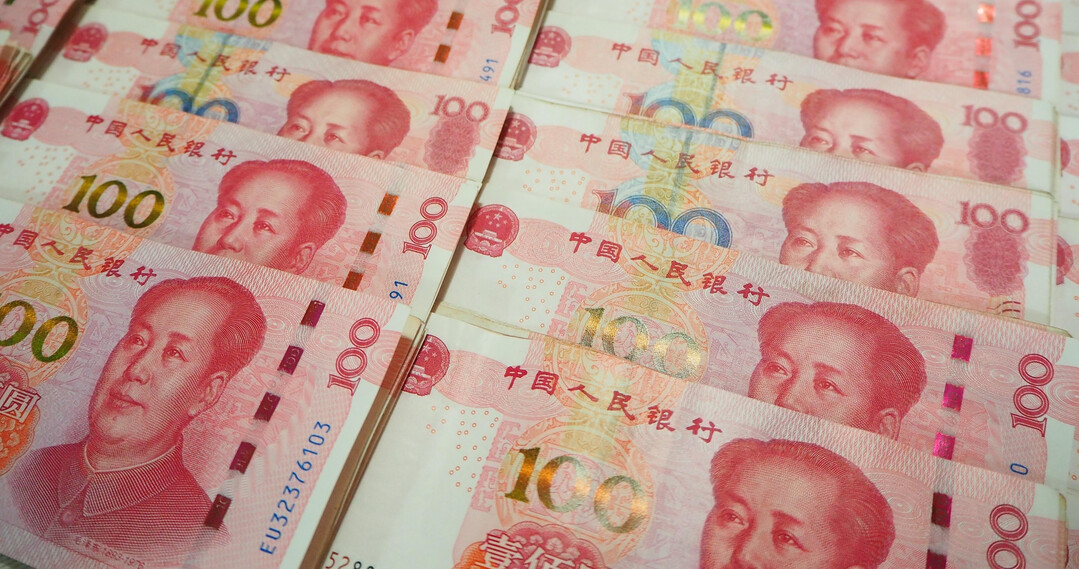
SINGAPORE – The Renminbi (RMB) has recently risen in stature in international financial markets, becoming a crucial factor for businesses worldwide. For entrepreneurs operating in Singapore, in particular, keeping a close eye on RMB market movements is no longer just a smart choice but a necessity.
Expanding Global Role of the RMB
As the currency of the world's second-largest economy, China, the RMB symbolizes a shift in the global economic landscape. Historically used predominantly within China, the RMB's role has now expanded into various areas, including overseas investment, trade, and foreign exchange reserves. For instance, central banks in countries like South Korea and Russia have steadily increased their RMB holdings over the past few years. Such moves clearly demonstrate the RMB's firming importance in global finance.
For Singaporean entrepreneurs, exposure to the Chinese market is an unavoidable reality. The value of the RMB directly impacts cross-border investments, export prices, and import costs. Ignoring these trends could lead to unexpected risks or the loss of significant opportunities.
Impact on Supply Chains and Trade
Singapore serves as a vital crossroads connecting East and West. Many businesses either sell goods to China or procure raw materials from there. Fluctuations in the RMB directly affect a company's cost structure. For example, a stronger RMB increases import costs for items priced in RMB. Conversely, a weaker RMB can provide a competitive advantage.
It's highly likely that you already have customers or suppliers who transact in RMB. By closely monitoring RMB exchange rate fluctuations, you can prepare for unfavorable volatility and negotiate better contract terms. Businesses that are sensitive to these changes can avoid unpleasant surprises and secure stable profit margins.
Investment Risks and Opportunities
RMB trends also influence investment decisions. In recent years, foreign investors have gained easier access to Chinese financial markets. If you're considering investments in Chinese stocks, bonds, or funds, understanding the movements in the RMB market is essential, as exchange rate fluctuations can significantly impact returns.
RMB-denominated assets are becoming increasingly common in the portfolios of Singapore-based fund managers. For example, sovereign wealth funds like Temasek and GIC have expressed interest in RMB-denominated assets. By closely watching the RMB, you can make informed decisions about when to enter or exit these markets.
Policy and Regulatory Changes
China's regulatory measures and monetary policies are key drivers of RMB volatility. Changes in interest rates and exchange rate management by the People's Bank of China (PBOC) influence the strength of the RMB. By keeping an eye on policy announcements, you can anticipate market changes instead of merely reacting to them.
In the face of global economic uncertainty, the Chinese government has recently made efforts to stabilize the RMB. Failing to understand these changes risks your business strategies clashing with reality. By staying continuously informed, you can adjust your strategies proactively.
How to Effectively Track RMB Trends
There are various ways to monitor RMB market trends. It's crucial to frequently consult market analysis research and financial news websites that cover the Chinese currency. You can also consult with your bank or financial advisor to understand the direct impact of RMB changes on your company. Many banks offer specialized advisory services to help entrepreneurs navigate exchange rate risks and opportunities.
You might consider hedging exchange rate risks with financial instruments like options or futures contracts. These methods can help protect your profits during RMB fluctuations. Increased awareness, combined with smart risk management, can strengthen your company's resilience.
As the RMB's influence expands across the Asia-Pacific region, Singaporean entrepreneurs enjoy a unique advantage. By monitoring RMB market trends, through smarter risk management, investment, or trade strategies, you can gain a competitive edge. If you need assistance in enhancing your knowledge or implementing currency-related ideas, reach out to your bank for valuable advice. This enables businesses to remain agile in today's constantly evolving financial landscape.
[Copyright (c) Global Economic Times. All Rights Reserved.]






























